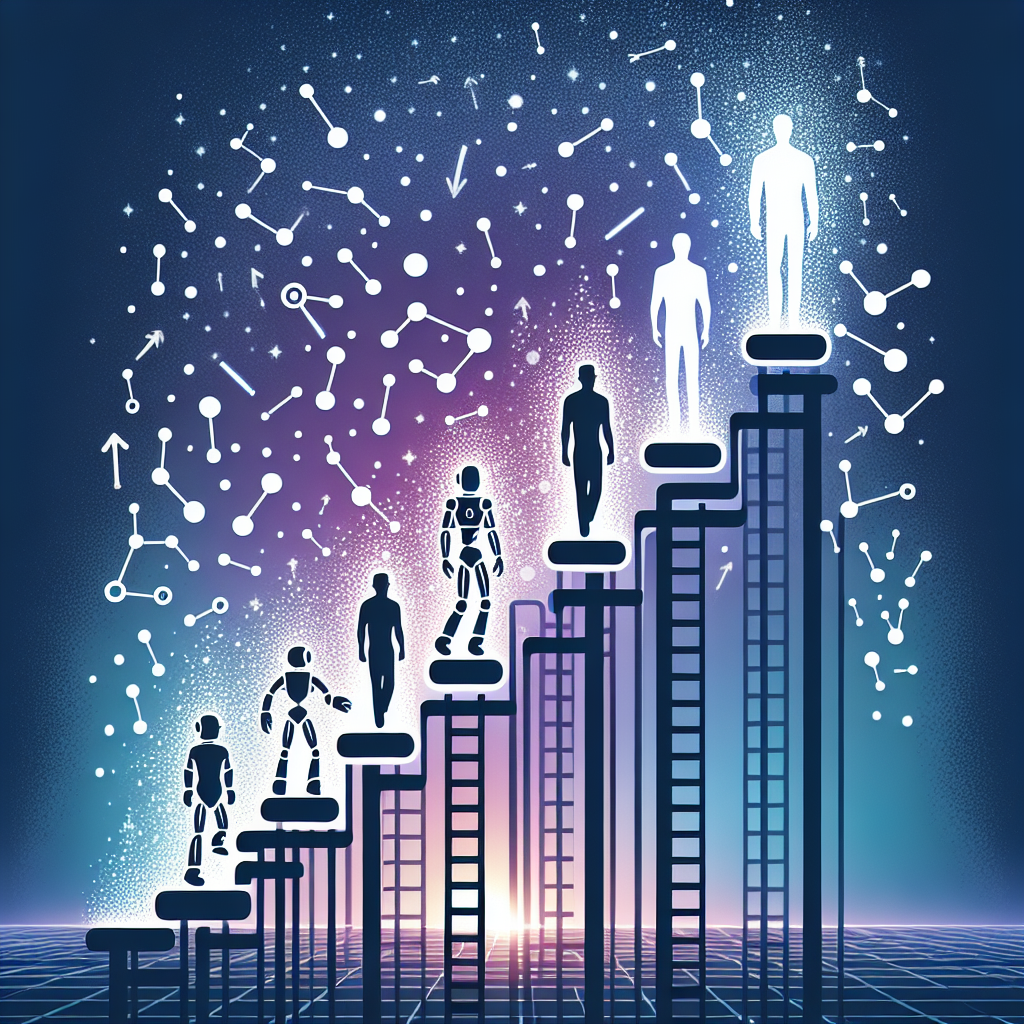The rise of AGI: How artificial intelligence is evolving beyond human capabilities
Artificial intelligence (AI) has been a hot topic in recent years, with rapid advancements in technology leading to the development of AI systems that can perform tasks once thought to be exclusive to humans. From self-driving cars to virtual assistants, AI has become an integral part of our daily lives. However, the next frontier in AI is the development of Artificial General Intelligence (AGI), which aims to create machines that can perform any intellectual task that a human can.
What is AGI?
AGI refers to a type of artificial intelligence that can perform any intellectual task that a human can, ranging from simple tasks like playing chess to complex tasks like composing music or writing novels. While current AI systems are specialized for specific tasks, AGI aims to create a more general-purpose intelligence that can adapt to a wide range of tasks and learn new skills on its own.
The development of AGI is seen as a major milestone in the field of artificial intelligence, as it would represent a significant leap in the capabilities of machines. While current AI systems are limited to specific tasks and require human intervention to function effectively, AGI would be able to operate independently and potentially surpass human intelligence in certain areas.
How is AGI evolving?
The development of AGI is a complex and challenging task, requiring advancements in a wide range of technologies, including machine learning, natural language processing, and robotics. Researchers are constantly working to improve the capabilities of AI systems, with the goal of creating machines that can think, reason, and learn like humans.
One of the key challenges in developing AGI is creating AI systems that can learn from experience and adapt to new situations. Current AI systems are often limited by the data they are trained on, and struggle to generalize their knowledge to new tasks or environments. AGI researchers are working to develop algorithms that can learn from a wide range of data sources and apply their knowledge to new situations, much like humans do.
Another important aspect of AGI research is the development of AI systems that can understand and generate natural language. Language is a key component of human intelligence, and creating machines that can understand and generate language is essential for developing AGI systems that can communicate effectively with humans.
Why is AGI important?
The development of AGI has the potential to revolutionize a wide range of industries, from healthcare to finance to entertainment. AGI systems could automate repetitive tasks, freeing up human workers to focus on more creative and complex tasks. They could also assist humans in making decisions by analyzing vast amounts of data and providing insights that would be difficult for humans to uncover on their own.
AGI also has the potential to accelerate scientific discovery by assisting researchers in analyzing complex data sets and identifying patterns that could lead to new insights. For example, AGI systems could help researchers in drug discovery by analyzing massive amounts of genetic data and identifying potential targets for new drugs.
The development of AGI also raises important ethical and societal questions. As machines become more intelligent and capable, there is a concern that they could surpass human intelligence and potentially pose a threat to humanity. Researchers are working to develop safe and ethical AI systems that prioritize the well-being of humans and ensure that AI is used for the benefit of society.
FAQs:
Q: Will AGI surpass human intelligence?
A: While AGI has the potential to surpass human intelligence in certain areas, it is unlikely that machines will completely surpass human intelligence in all aspects. Human intelligence is complex and multifaceted, and machines may struggle to replicate certain aspects of human cognition, such as creativity and emotional intelligence.
Q: Are there any ethical concerns with the development of AGI?
A: The development of AGI raises important ethical concerns, including the potential for AI systems to be used for malicious purposes or to inadvertently harm humans. Researchers are working to develop ethical guidelines for the development and deployment of AI systems, to ensure that AI is used responsibly and for the benefit of society.
Q: How close are we to achieving AGI?
A: While significant progress has been made in the development of AI systems, achieving AGI is still a long way off. Researchers are working to overcome the technical challenges involved in creating machines that can think and learn like humans, and it may be many years before AGI becomes a reality.
In conclusion, the rise of AGI represents a major milestone in the field of artificial intelligence, with the potential to revolutionize a wide range of industries and improve the lives of people around the world. While there are still many challenges to overcome in the development of AGI, researchers are working tirelessly to create machines that can think, reason, and learn like humans. As technology continues to advance, the possibilities for AGI are endless, and the future of AI looks brighter than ever.

